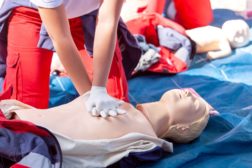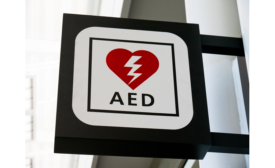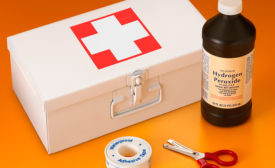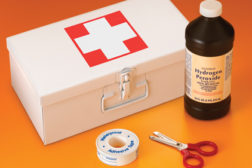Home » Keywords: » CPR
Items Tagged with 'CPR'
ARTICLES
Physically active women have lower risk of heart disease
Younger women having more acute heart attacks in the U.S.
February 22, 2019
A CPR Blog post
Kill a worker? You're not a criminal. Steal a worker's pay? You are one.
July 23, 2015
Become a Leader in Safety Culture
Build your knowledge with ISHN, covering key safety, health and industrial hygiene news, products, and trends.
JOIN TODAYCopyright ©2024. All Rights Reserved BNP Media.
Design, CMS, Hosting & Web Development :: ePublishing









